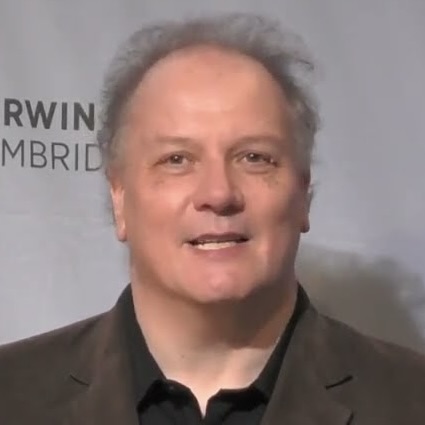You are not currently logged in. Please create an account or log in to view the full course.
Special Relativity and Quantum Theory in Cryptography
- About
- Transcript
- Cite
Relativistic and Quantum Cryptography
In this course, Professor Adrian Kent (University of Cambridge) explores relativistic and quantum cryptography. In the first mini-lecture, we introduce the key principles in the Special Theory of Relativity and in Quantum Theory that are needed to understand the cryptographic schemes used in subsequent videos. In the second mini-lecture, we discuss the polarisation of light and how it can be affected by measurement. In the third mini-lecture, we introduce the No-Cloning Theorem and the Relativistic No-Summoning Theorem. In the fourth mini-lecture, we explore the concept of bit commitment. In the fifth mini-lecture, we discuss how to use one-time pads to encrypt messages and prevent eavesdropping. In the sixth mini-lecture, we introduce the BB84 (Bennett-Brassard, 1984) quantum key distribution protocol, which utilises polarisation states to encrypt messages.
Special Relativity and Quantum Theory in Cryptography
In this mini-lecture, we introduce some key principles in Special Relativity and Quantum Theory, focusing in particular on: (i) the fact that information cannot be sent faster than the speed of light (from Special Relativity); (ii) space vs. time graphs that illustrate light cones which limit where information can be sent; (iii) the unintuitive nature of physics on very small scales (Quantum Theory) and how measurement/observation generally alters the measured physical state; (iv) the wave-particle nature of light as seen in the classic double-slit experiment and G.I. Taylor’s modified version of the experiment with very dim light: (v) a demonstration of a diffraction pattern using a laser pointer and diffraction grating; and (vi) a video displaying the wave-particle nature of electrons.
Cite this Lecture
APA style
Kent, A. (2022, January 13). Relativistic and Quantum Cryptography - Special Relativity and Quantum Theory in Cryptography [Video]. MASSOLIT. https://massolit.io/courses/relativistic-and-quantum-cryptography/light-polarisation-and-measurement
MLA style
Kent, A. "Relativistic and Quantum Cryptography – Special Relativity and Quantum Theory in Cryptography." MASSOLIT, uploaded by MASSOLIT, 13 Jan 2022, https://massolit.io/courses/relativistic-and-quantum-cryptography/light-polarisation-and-measurement

